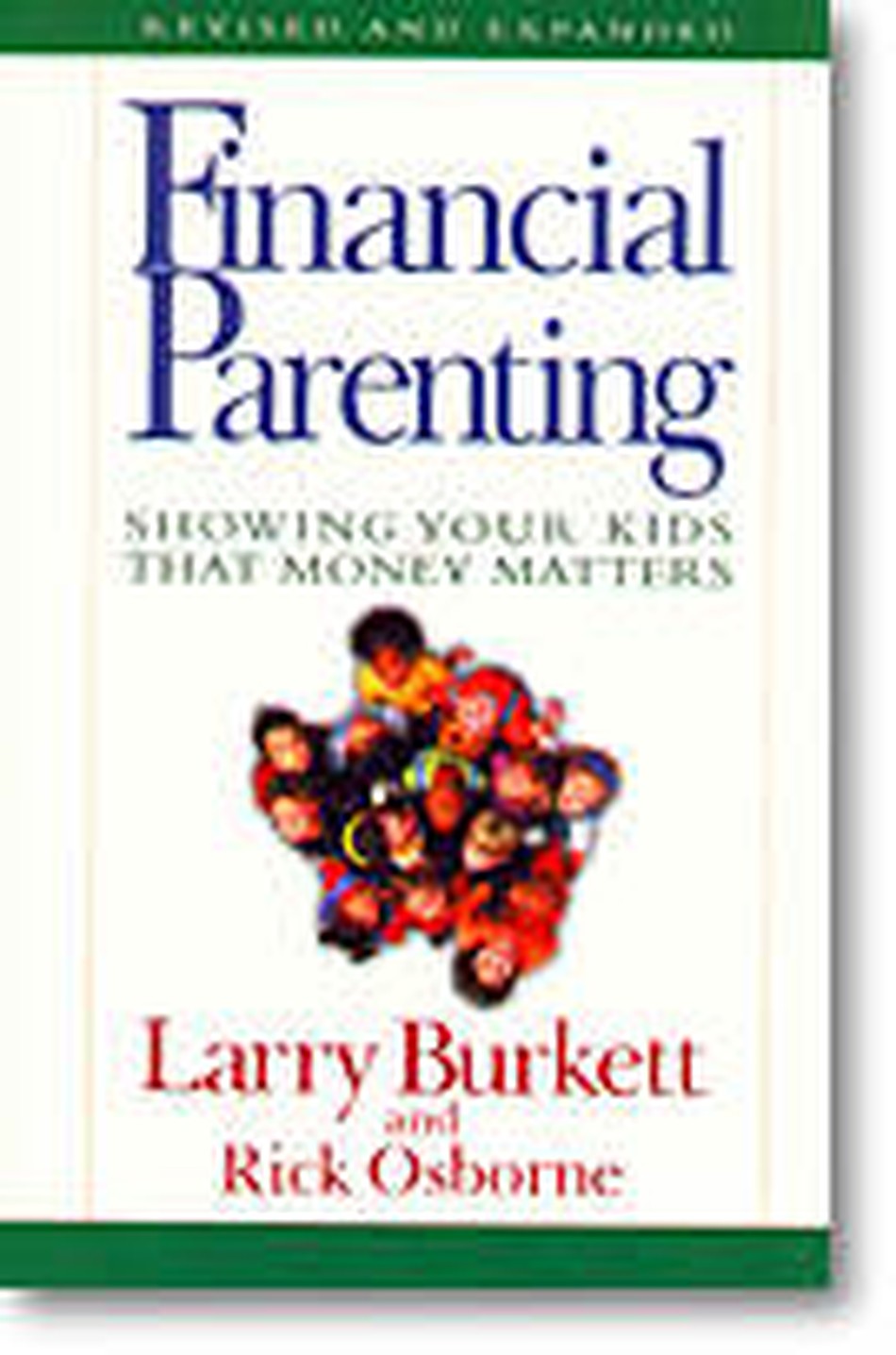- Rule #1: The family is a community: everyone in the family shares in the opportunities, responsibilities, rewards, and income of that community. You need to teach your child that everyone in a family contributes responsibly to the overall running of the household. Point out the multitude of household jobs - doing dishes, cleaning bathrooms, doing the laundry, gardening, dusting, painting - that provide everyone's needs, not just one person's. Your child should be responsible for more than cleaning up after himself/herself. Each of you should look not only to your own interests, but also the interests of others (Phil. 2:4). The family community benefits are food, shelter, clothing, relationship, and also an allowance. Allowances that are tied to chores contribute to an I-need-to-be-paid-for-everything-I-do attitude in your children. (One of the great advantages to be gained by starting out this way is that you would be in trouble later from difficult inconsistencies when your children's family responsibilities increase and their allowance eventually becomes non-existent.)
- Rule #2: Establish job opportunities inside and outside the home that serve as a training ground for individual work and remuneration. Give them a chance to earn extra money doing jobs that go beyond their fair share of family responsibilities.
- Rule #3: Be sure allowances do not discourage joy in community involvement nor encourage laziness. Children's allowances should be enough to look forward to, enough to enable you to begin teaching budgeting, but not enough that all of their wants and desires are met so they have no need for extra jobs. As children grow, the expectation is that they will turn to outside earned income to meet their budgeting needs, and that family allowances will diminish to nothing.
- Rule #4: Be consistent in the teaching, training, and disciplining process. Once you have established an allowance amount and frequency, you need to add it into the family budget and pay it as you would any other bill - consistently and on time. Train your children to do chores properly, and give them encouragement in completing them. The first time they should watch you do the task. The second time you should work with them demonstrating the proper way to do the job.
- Rule #5: Let everything you do reflect real life as closely as possible - its systems, its rewards, and its penalties. For instance, don't pay your child for a job that is half-done, or not done well. In the job market you don't get half-pay for half a job.
- Rule #6: Take the cloaking devices off family finances. It's important to let your children know about, see the workings of, and get involved in family and household finances.
- Rule #7: When assigning tasks, and deciding on training and discipline methods, take the individual child into consideration - strengths, weaknesses, abilities, and problems. God made each one of your children unique. What works well with one child may be wrong for the next child. All personality types are responsible to follow God's principles, so don't make excuses for your child in this area.
From Financial Parenting by Larry Burkett and Rick Osborne. Copyright (c) 1996, 1999 by Burkett + Kids, LLC. Used by permission of Moody Press, Chicago, Ill., 1-800-678-6928.
Larry Burkett is founder and president of Christian Financial Concepts, a nonprofit ministry that teaches biblical principles of finance. Larry holds degrees in marketing and finances and hosts two radio programs, heard on 1,100 radio outlets. He has written more than 40 books, including The Coming Economic Earthquake, Debt-Free Living, Women Leaving the Workplace, and The Financial Planning Workbook. He and his wife, Judy, live in Gainesville, Ga., and have four children and nine grandchildren.Rick Osborne is founder and president of Lightwave Publishing and Lightwave Kids Club. He has written 30 books, including 101 Questions Children Ask about God, The Singing Bible, Adventure Bible Handbook, and Lightwave Kids Club Magazine. Rick and his wife, Elaine, live in British Columbia with their three children.








